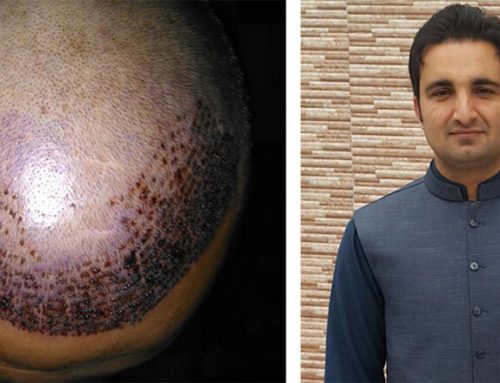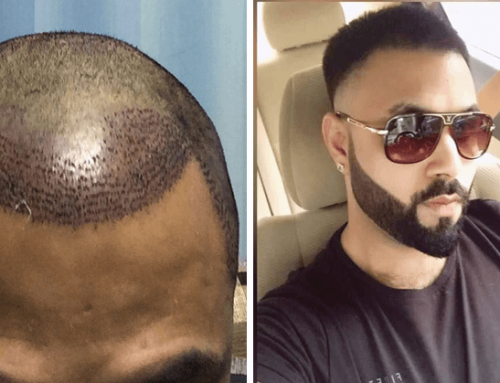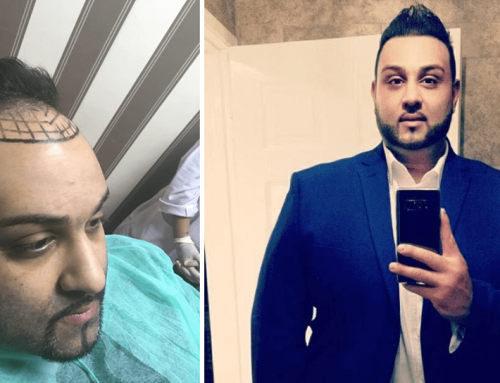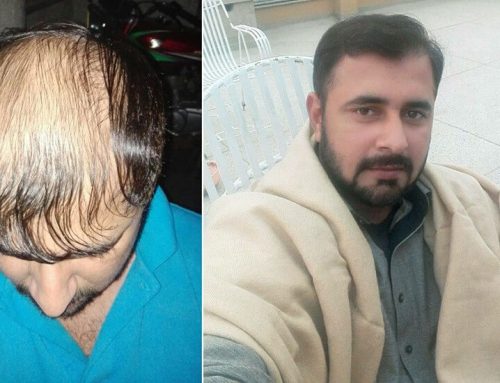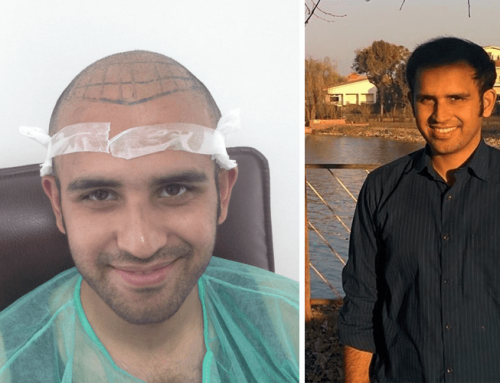The Shock Loss effect is usually quite common after a hair transplant , which the patient must have very present because it can generate emotional trauma because it is not what one expects to find after the procedure. It consists of the loss of hair that the patient had before the intervention in the area receiving grafts.
It is a temporary and reversible phenomenon, and they occur independently of the method used for the implantation of new hair. This may occur between week 2 and week 6 after surgery, and may also affect the transplanted hair. It is a very normal occurrence in almost every patient who is exposed to this procedure, since it is estimated that in 98% of cases it occurs without exception.
The patient should not panic, the professional will give this information and should be very present when it occurs. The hair falls but the root is not lost, and this lost in completely normal. The roots gain strength and produce new hair in the next 3 to 6 months, which will highlight the success of the hair transplant performed by the institution. Like hair transplant Islamabad
Likewise, it will be for the non-transplanted hair that suffer the Shock Loss effect, and will affect both the hair that is in the Anagen phase and in the Telogen phase. Fundamental will be the indications provided by the specialist, following as indicated by the doctor. If you want to know Optimal Age for a Hair Transplant.
It is essential that after the intervention take days of rest and take great care when one rests, since no pressure should be exerted on the treated area which will include sleeping in somewhat uncomfortable positions at first because it can not even lean On a pillow.
It should also be taken into account that small crusts may be formed in the intervened areas, both in the recipient and in the donor zone. This is normal and will break apart as the small marks that remain after capillary surgery cicatricen with the running of the days. Do not take them away. In the case of suture we should also wait for it to detach on its own from the scalp.
The professional will tell you how to wash the scalp and tell you how to take care of the days and months following surgery, informing you of possible normal situations that may arise. Sun exposure and habits that include tobacco and nicotine should be avoided for a full month after the intervention.
The institution will require the patient to approach specific appointments every time estimated to see the results, having in the hands of the customer useful phones so that the patient can get out of doubt whenever he needs it. It is a moment of anxiety for the patient with the need to see the results as quickly as possible, but they must wait with patience since we must wait for the natural process of hair growth. If it is necessary to have complementary treatment, the professional will adapt it to those expected by the client.


